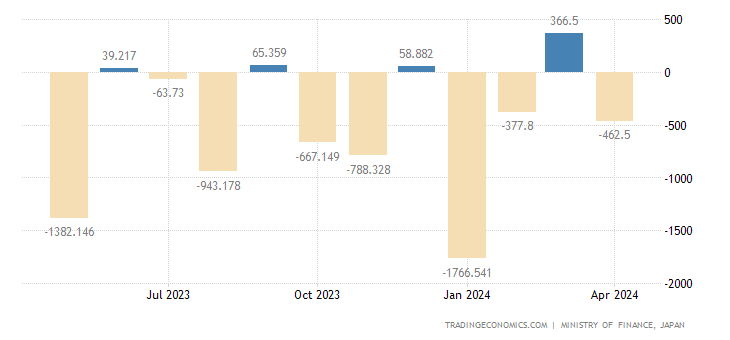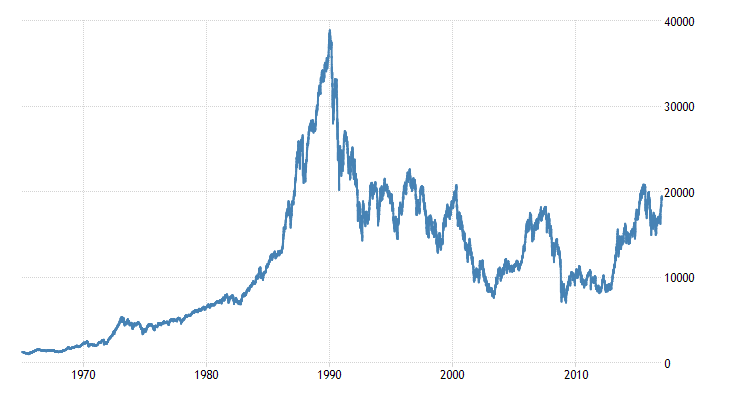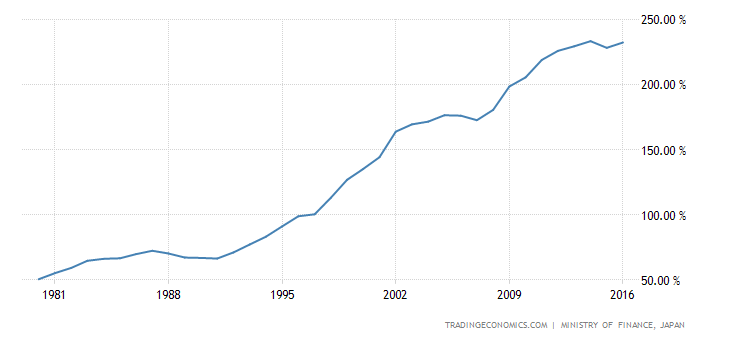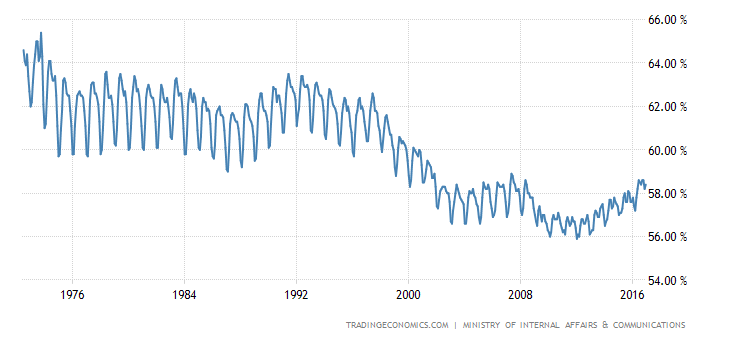JohnK
Veteran Member
- Joined
- Mar 22, 2005
- Posts
- 44,429
Being in debt has a much better ring to it. "What's your credit limit?"Another thing re debt.No one has ever gone bankrupt with no debt.
Yes it is a weak economy. Dropping interest rates isn't going to get people to spend more. If it is then people are sillier than I think. Time to save. Prepare for the worst. Fat salaries need to go. It's the biggest issue today.Dropping interest rates is essentially a sign of a weak economy is it not? Therefore less confidence in the economy of the nation.
I like the dollar staying around the .75c mark as I'm in the game of importing these days not manufacturing.
FWIW I'm in that ~70k zone and life could be a lot worse...
I agree regarding your comment of $70,000 salary. I was earning a lot less and saving for my future. Not many people have that insight. No holidays. No eating out. No need to wear designer clothes. No splurging on new toys.
Another thing people don't consider is how long they are going to work. I definitely don't want to work until I am 68. Make the sacrifices early and it pays off.



















